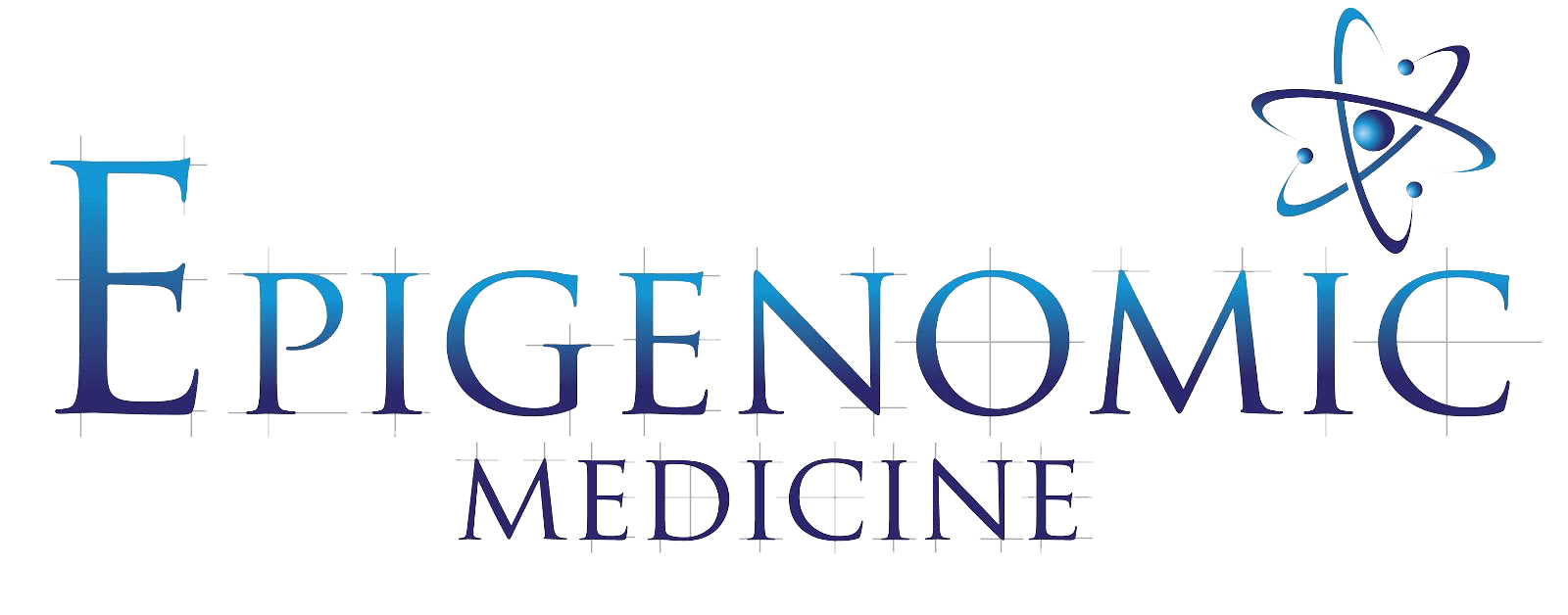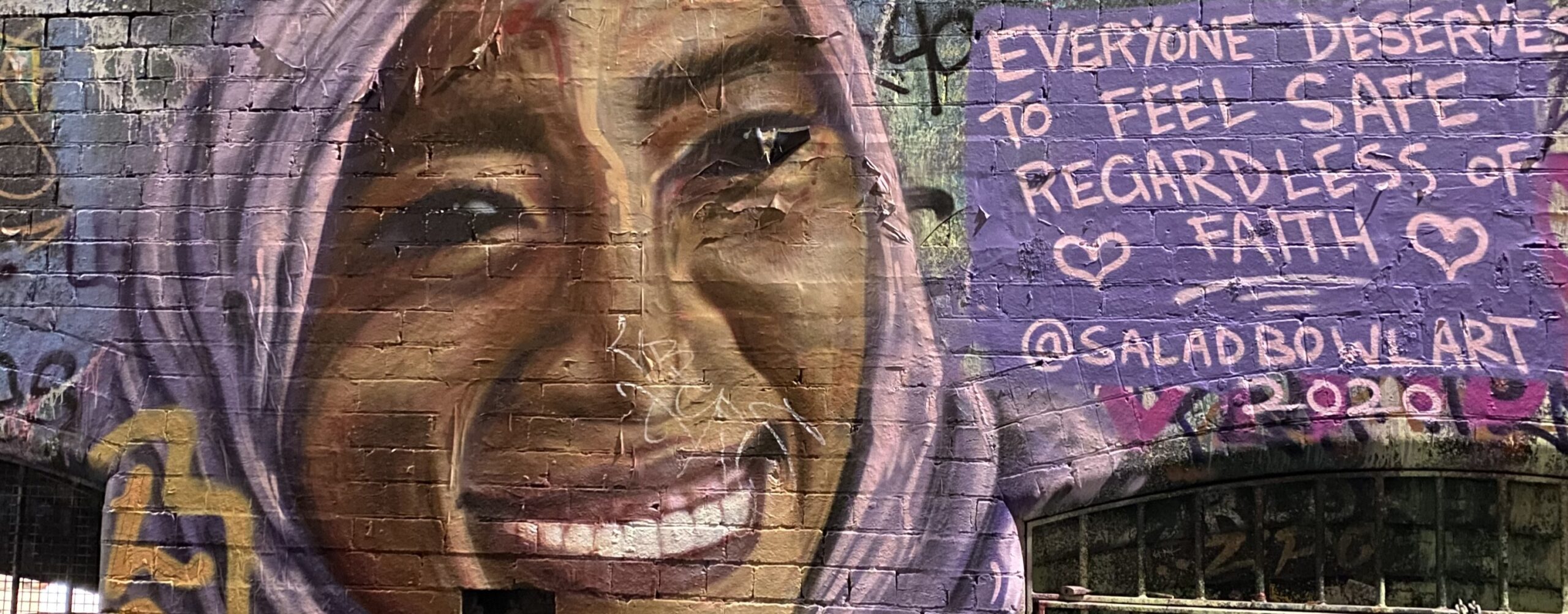groups, exacerbating existing inequalities in health, socio-economic status, and access to resources. Marginalized communities, including racial and ethnic minorities, have borne a disproportionate burden of the pandemic’s consequences.
Health disparities have been glaringly evident. Black, Latinx, Indigenous, and other minority groups faced higher rates of infection, hospitalization, and mortality compared to their white counterparts. These disparities stem from various factors, including limited access to quality healthcare, higher rates of pre-existing health conditions, and living in densely populated areas with limited resources for social distancing or healthcare facilities.
Economically, minority communities were significantly impacted. Many work in essential but lower-paying jobs, such as service industries, where remote work was often not an option. Consequently, they faced higher risks of exposure to the virus. Moreover, minority-owned businesses were more likely to struggle or close due to financial constraints and limited access to government aid.
Education also suffered inequalities. Students from minority backgrounds often lacked the necessary resources for remote learning, such as high-speed internet or adequate devices. The digital divide further widened existing educational disparities, affecting academic progress and future opportunities.
Furthermore, the pandemic amplified social injustices. Minority groups faced increased discrimination and stigma, exacerbating mental health challenges. Language barriers and distrust in healthcare systems also hindered access to vital information and medical care.
Addressing these disparities demands a multifaceted approach. It involves equitable vaccine distribution, targeted support for marginalized communities, improved access to healthcare, economic relief measures, and initiatives to bridge the digital divide. Creating inclusive policies and fostering community engagement are crucial to building resilience and ensuring a fairer, more equitable society in the wake of this global crisis.

